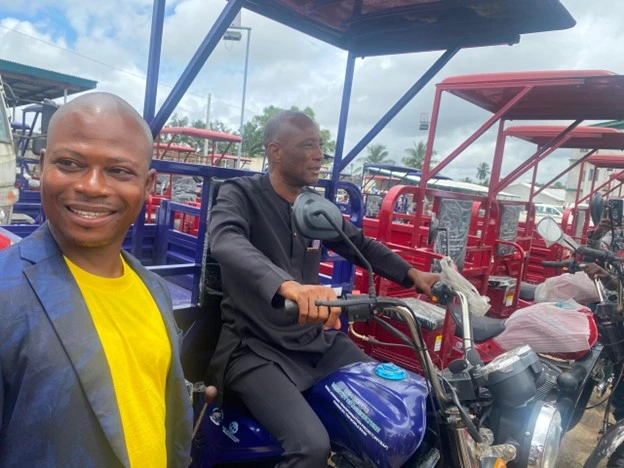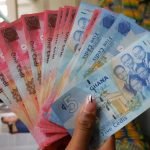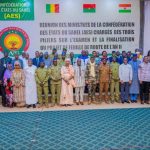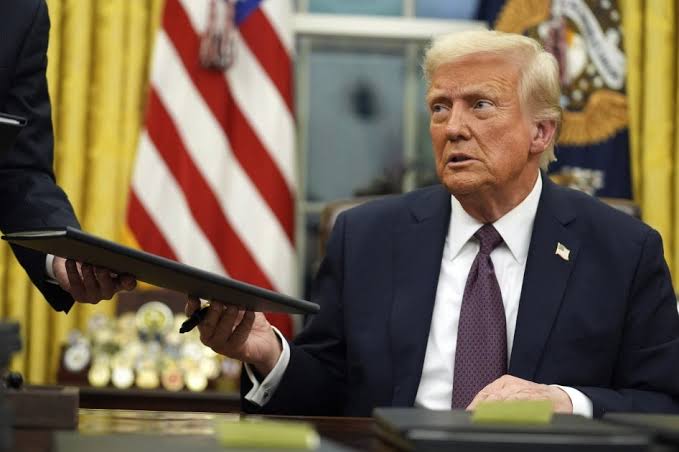
World Bank Distributes 480 Tricycles To Young Farmers In Liberia: Another Short-term Fix To Liberia’s Persistent Agricultural Challenges

The World Bank, through its partnership with the Liberian Ministry of Agriculture, has launched the distribution of 480 tricycles to young farmers (18-35 years) across the country.
This initiative addresses transportation challenges that have hindered rural smallholder farmers’ access to markets, especially during the rainy season when road conditions worsen. The beneficiaries are required to report the volume of crops they transport.
Transportation issues have historically contributed to post-harvest losses and reduced farmers’ incomes, affecting food availability across Liberia.
At the official launch, Deputy Agriculture Minister for Planning and Development David Akoi noted that the tricycles would greatly benefit Liberia’s youth in agriculture.
While the tricycles may reduce post-harvest losses and improve market access in the short term, they do not address Liberia’s need for large-scale machinery and infrastructure to improve farming efficiency and reduce the country’s heavy reliance on food imports.
Research reveals that up to 60 per cent of Liberia’s staple food and other commodities are imported. According to the study by Dukuly and Huang (2020), smallholder farmers in Liberia are hindered by a shortage of fertilisers and irrigation, machinery, poor-quality seeds and livestock, lack of credit facilities, and proper transport, storage, and marketing infrastructure.
Liberian farmers continue to face significant challenges in increasing their output and income without access to modern farming equipment. Therefore, the World Bank’s aid initiative in Liberia appears to offer temporary fixes without addressing deeper structural problems like poor access to machinery.
Read: NiMET Forecasts More Severe Weather After Floods Ravage Nigeria
JAMB Slashes UTME Fees by N1,500 for Candidates with Disabilities
US Completes Military Personnel and Assets Withdrawal From Niger
About The Author
Related Articles
Iran’s Strikes on U.S. Bases Expose the Hidden Dangers of Hosting Western Troops — A Warning for Africa as Leaders Like Tinubu Expand U.S. Military Presence
The recent escalation in military tensions between the United States and Iran...
ByWest Africa WeeklyMarch 5, 2026What Do Countries Targeted by the United States Have in Common?
Look at the list. Iran, Palestine, Venezuela, Syria, Iraq, Nigeria, Somalia, Yemen....
ByWest Africa WeeklyMarch 4, 2026Uganda to Start Domestic Gold Purchasing Programme to Boost Reserves
Uganda’s central bank has announced plans to launch a domestic gold buying...
ByWest Africa WeeklyMarch 3, 2026AES Ministers Conclude Roadmap Talks in Ouagadougou, Strengthen Security Coordination
Ministers of the Confederation of Sahel States have concluded high level discussions...
ByWest Africa WeeklyMarch 2, 2026










